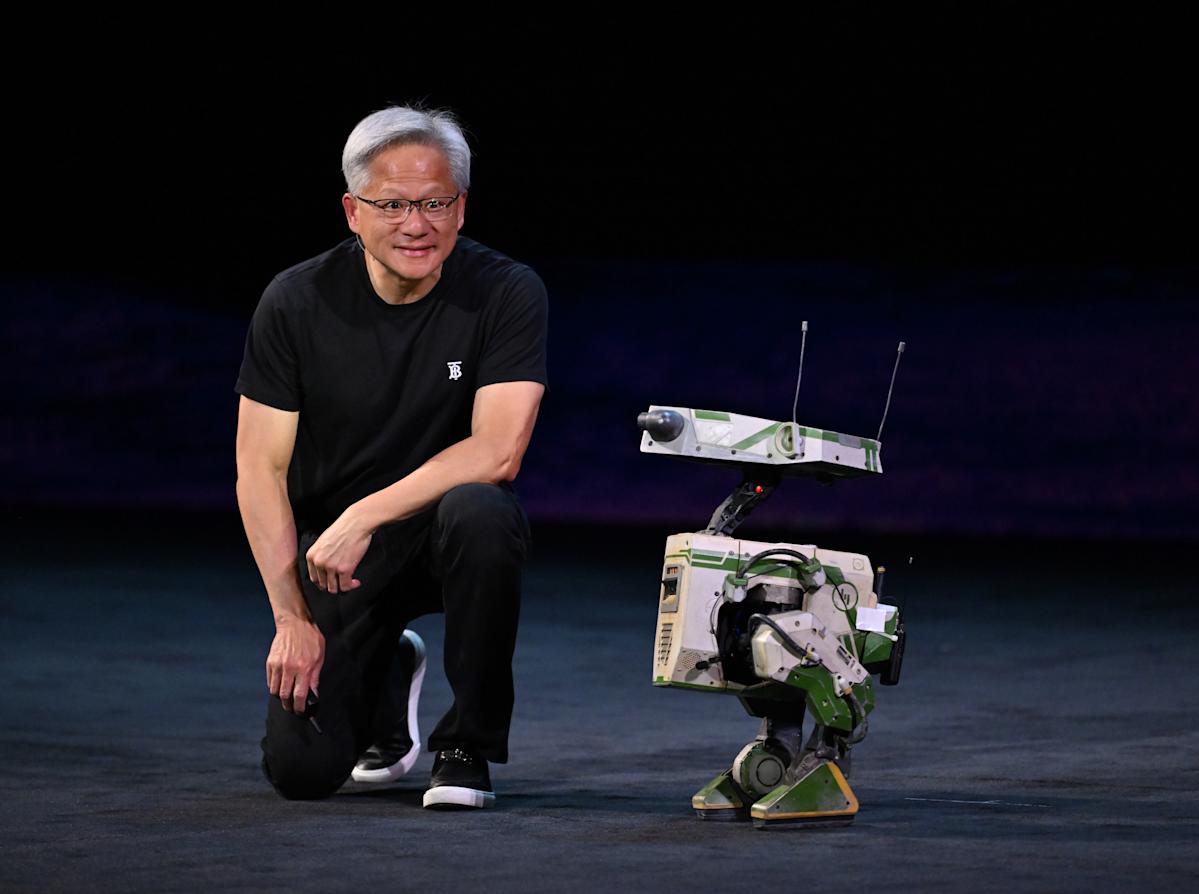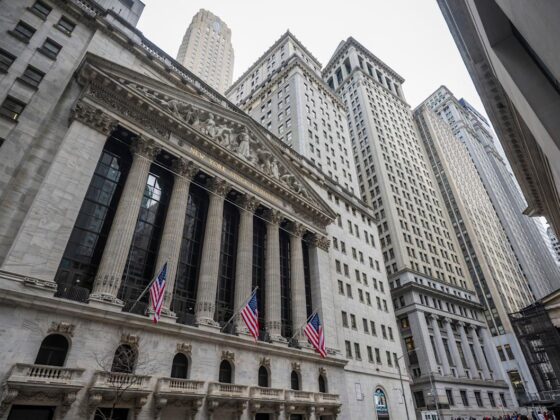Chipmaker Nvidia (NVDA), the world's most valuable listed company, will be the focus for investors next week, with a range of other companies also due to report.
Expectations have become increasingly high around Nvidia's results, so investors will be poring over the chipmaker's second quarter results on Wednesday, looking closely for any surprises to the upside or downside.
Another US tech company due to release results is computer maker Dell (DELL), which reported “unprecedented demand” for its artificial intelligence (AI) optimised servers in its last set of results.
Back in London, insurance and asset management firm Prudential (PRU.L) is scheduled to report, with shares having continued to climb this year.
In the world of retail, investors will be looking at the latest results from JD Sports (JD.L), with shares facing pressure from concerns about the impacts of US president Donald Trump's tariffs.
In Germany, Delivery Hero (DHER.DE) is set to report first half results, having maintained full-year guidance on the back of a strong first quarter.
Here's more on what to expect:
Chipmaker Nvidia (NVDA), which is the world's biggest company with a stock market capitalisation of $4.3tn (£3.2tn), will be the last of the “Magnificent 7” tech behemoths to report this earnings season.
Given the company's size, AJ Bell's head of financial analysis Danni Hewson and investment analyst Dan Coatsworth said that in many ways “Nvidia matters whether investors own it directly or not”.
They pointed out that the Mag 7 represent more than 35% of the market valuation of the S&P 500 (^GSPC) index and more than a fifth of the global stock market capitalisation, “so if an investor owns an index tracker that follows either the S&P 500 or global benchmarks like the FTSE All-World then they will have exposure to Nvidia.”
“Right now, they – or at least Nvidia, Meta (META), Microsoft (MSFT) and Alphabet (GOOGL, GOOG) – are feeding off the splurge in AI-related spending,” said Hewson and Coatsworth. “The more the last three spend and promise returns from AI, the more the market likes it, and the more Nvidia likes it, as the company provides the processors that power the data centres that drive the large language models and effort to develop AGI and, to use [Meta CEO] Mark Zuckerberg’s new word, ‘superintelligence'.”
They said that estimates suggest that more than 40% of Nvidia's sales have come from Meta, Microsoft, Amazon (AMZN) and Alphabet. “Thus, both the stock market and earnings are increasingly reliant upon a very small group of companies, notably Nvidia,” they said.













